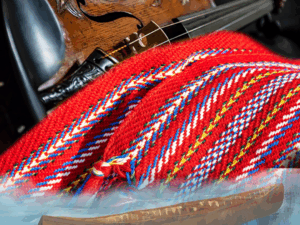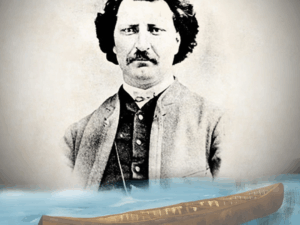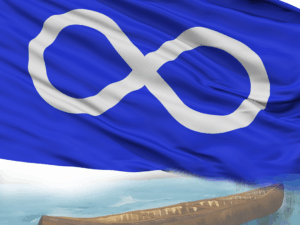KAIROS Statement: Kinder Morgan Trans Mountain pipeline expansion project

KAIROS is honoured to have been invited by members of Tsleil-Waututh to stand with them and alongside other faith leaders and people of faith in defence of the lands, waters, and climate we all share.
The faith action planned for April 28 is only the most recent attempt by the Coast Salish peoples to stop the Kinder Morgan Trans Mountain pipeline in a struggle that has lasted over seven years.
The Tsleil-Waututh suffered a major setback in November 2016 when the federal government approved the project. KAIROS expressed its dismay then, and continues to be profoundly disappointed with the federal government’s decision to support the pipeline expansion. This position has significant implications for reconciliation with Indigenous peoples in Canada. It violates the UN Declaration on the Rights of Indigenous Peoples and Section 35 of the Constitution Act, 1982. It endangers Indigenous peoples and their territories, and amplifies the impact of climate change. It is not in the national interest.
Many of the First Nations along the pipeline route do not consent to having the pipeline run through their territories. The federal environmental assessment process failed to respect Indigenous title, and violated Indigenous rights, including the right to free, prior and informed consent. This failure represents a deep betrayal of the solemn commitments undertaken when Canada entered into Treaties with First Nations, when it enshrined Indigenous rights in the Constitution, and when it announced its support, without qualification, for the UN Declaration on the Rights of Indigenous Peoples. The federal government’s decision to support the project also contradicts the Prime Minister’s promise to work towards “a renewed nation to nation relationship with Indigenous peoples, based on recognition of rights, respect, co-operation, and partnership.”
As Tsleil-Waututh Nation Chief Maureen Thomas wrote in her 25 November 2016 letter to Natural Resources Minister James Carr after the federal government approved the Trans Mountain expansion:
“If the Federal Cabinet directs that the Project be approved, against our informed withholding of consent … it would reopen the many wounds we have suffered as a result of the Crown’s historic disregard for our Aboriginal title and rights, … Quite frankly, such action would risk jeopardizing and irreparably harming our nation-to-nation relationship for some time to come, possibly for generations.”
The absence of Indigenous leadership at the meeting between the Prime Minister, BC Premier John Horgan, and Alberta Premier Rachel Notley on 15 April 2018 is a prime example of how the federal government continues to disregard Indigenous peoples’ title and role in governing.
KAIROS is deeply concerned by the impacts that will be disproportionately borne by Indigenous communities, particularly women and girls, should the pipeline expansion project move forward. A 2016 study by Amnesty International found that threats to the safety of Indigenous women and girls are more acute in regions where there is intensive resource development with temporary workforces. The influx of industry workers in temporary accommodations, or “man-camps,” has been associated with an increase in incidents of sexual harassment and violence against Indigenous women and girls from nearby communities. There is a serious risk that the construction of the Trans Mountain pipeline expansion will lead to just such an increase.
According to Kinder Morgan, the project will also increase tanker traffic in the Salish Sea seven-fold, intensifying the risk of oil spills and threatening First Nations and other communities’ access to cultural, spiritual and economic resources. It also jeopardizes Canada’s commitments to reduce greenhouse gas emissions as promised under the Paris Agreement by ensuring an increase in output from the tar sands.
According to T’sleil-Waututh Elder Leonard George, “If the pipeline goes through, the [Burrard] inlet will become a dead zone and that contamination will affect the Georgia Straight, the salmon run and our food source. We’re trying to save it not only for ourselves but for mankind.”




